Memory is tricky. Wandering the Paris end of Collins street sipping espresso, waving to paroled Extinction Rebellion protesters, and thinking you live in the world’s most sophisticated city, it turns out your memory isn’t what it used to be at all.
Rather than laminated European chic, March Melbourne is petrolhead city with bars full of red Ferrari baseball caps whispering Daniel, Oscar and Shoey, breathlessly watching the monitor as Grand Prix mechanics reach for a set of wrenches. But this isn’t how I remember things.
That was last week, and I need to file it away – my father’s geriatrician once told me, you need to categorise your observations before senility sets in. Grand Prix Week as it’s now ubiquitously called as Autumn and the racing cars arrive. The F1 flaks are spinning like highly paid gyroscopes, saying GP Week supersedes the Melbourne Cup as the sporting nee social event of the year. If you say it often enough, it’s true, and all those leggy influencers with their F1 Flackery diplomas and podcasts look great, but it’s another memory given over to the incessant thirst of corporate branding. Melbourne Cup it seems is dead.
Life is memory but you often only miss things when they’re gone. I had Big Mac flashbacks during the recent McDonald’s outage when for a few hours it was impossible to buy a Big Mac anywhere in the world. Reporters of a certain age – the ones who eat and don’t look like sleek, underfed racehorses – hyperventilated as they hung onto their childhoods, finding one restaurant where staff heroically started accepting cash. It was a throwback moment, a drift into the past – talking about real dollar notes and having fries with that.
Everyone has a Maccas memory. A childhood guilty pleasure before they banned guilt, or a vegan burger-hater wanting to close one American fast-food chain at a time. Though a closed Maccas is still likely to cause indigestion for the perpetually agitating. Like a tree falling in the forest, if your local Maccas is not online earning millions and you’re protesting, did your protest really happen at all? It’s like blocking Westgate Bridge traffic because your diesel-guzzling 4WD has broken down and claiming you’re Greta Thunberg.
Did you notice the memory nuggets appearing in Queensland’s upcoming state election? It’s gone from a bitterly fought political contest between Giggles and the guy who is going to win, to nostalgia tripping over how they are going to pay for the 2032 Brisbane Olympics. There are throwbacks to the old 1982 Commonwealth Games stadium and demands by 1980s swimming champion Tracey Wickham that we return it to Sydney, like it’s September 2000 again. Most spectacularly, there’s grainy, recycled footage of Commonwealth Games mascot and feminist nightmare Matilda the kangaroo, with her politically incorrect eyelashes, non-binary steel trapdoor joey pouch and coquettish mechanical winks to the crowd. It takes you back to a happier time when it was OK to speculate what Germaine Greer would have looked like as a marsupial.
For politicians memory isn’t just a nostalgic reference point, it’s a trap. Especially if you’re an opposition spruiking the zero emissions benefits of nuclear power in a Chris Bowen EV dystopia. Ironically, it’s nuclear proponents shouting the modern mantra ‘trust the science’ while Green Left opponents are out with their bullhorns and superglue tubes protesting in an agitprop time machine, relitigating the horrors of Chernobyl and 1970s Cold War nuclear Armageddon. Pining for the good old days when all you needed was a papier-mâché Grim Reaper and an interpretative dance troupe to change the world.
Social media has its own special place in our memory – and exploits it. In 2021 Facebook shut down to teach Australia a lesson about its media laws. Briefly we all had to go back to talking to our children and taking them to their tennis lessons. We didn’t know what to do – Facebook had occupied our lives through stealth. Apparently, Facebook are again looking to play on these attachments and potentially re-shutdown the platform as they resist government demands that they pay for the news they use.
Given its access to our information, our photographs, our past, it isn’t surprising that Facebook understand the grip memory has over us. They know it’s big business. A Facebook group like the ‘Lost History of Melbourne’ has over 100,000 members where they post old photos of Melbourne before the heady days of Whelan-the-Wrecker’s wrecking ball. It makes you weep to see images of beautiful old buildings that were pulled down in the 1960s and 1970s – not so long ago – in the name of progress. As you look at what has been lost, the memories can’t help but kick in. The strange click in the back of your head isn’t arthritis it’s the sensation realising that those buildings are never coming back and wondering whether Melbourne City Council will install a new cycling path there instead and will the Today Show do another live cross to Lord Mayor Sally Capp pointing at it.
Digging into my own muddied childhood, I’m a member of the Facebook ‘We grew up in Mt Waverley’ group. It has 5,000 members waxing nostalgic over old class photos of teachers with beehive hairstyles and pictures of our childhood riding the streets on battered dragster bikes, nearly drowning in nearby creeks and trying to work out which teacher was a pedophile. Forensically studying each image, looking for the clues to the memory, our happiness, and wondering where it’s all gone. Like Pulp Fiction’s Jules and his glowing brief case these memories are inexplicable yet strangely cinematic, and despite our best efforts we can’t really hand them over because they belong to someone else.
People think the changes in our lives result from momentous moments with mobilised voters in mortal combat with their baser instincts. But these are just uninteresting people who are interested in politics. They watch old Whitlam-era footage as a highlight reel of political upheaval. But for most, the truth is much more tedious. Change – the change that sticks – is incremental, leaving most of us with feelings of tedium and loss that can only be fixed with yet another distraction, another memory we can desperately hang on to.
Got something to add? Join the discussion and comment below.
Get 10 issues for just $10
Subscribe to The Spectator Australia today for the next 10 magazine issues, plus full online access, for just $10.
You might disagree with half of it, but you’ll enjoy reading all of it. Try your first month for free, then just $2 a week for the remainder of your first year.

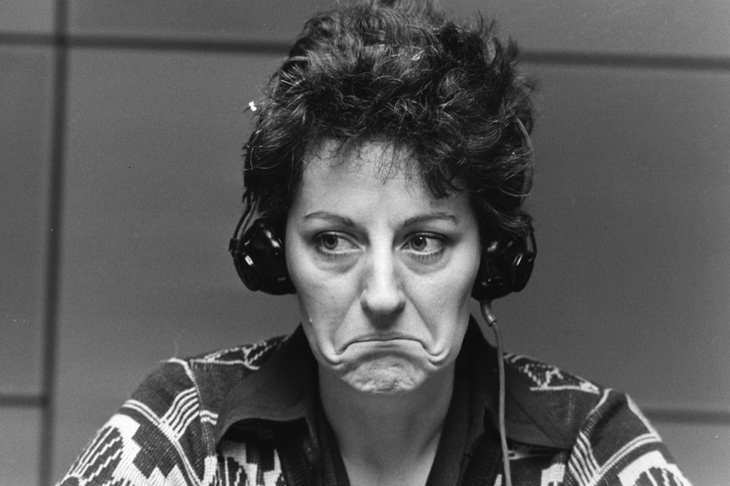

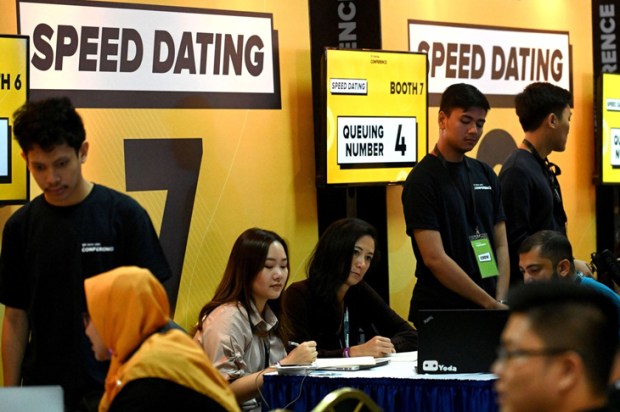
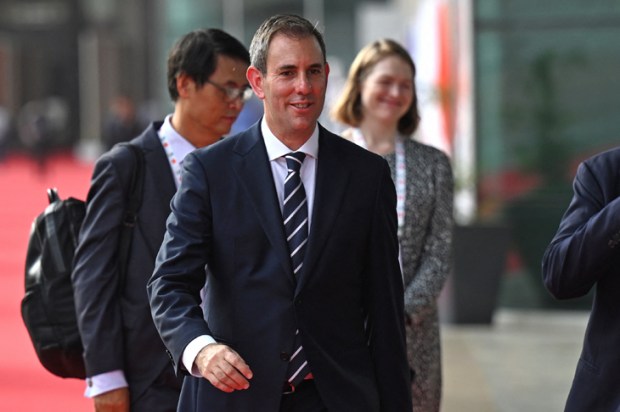
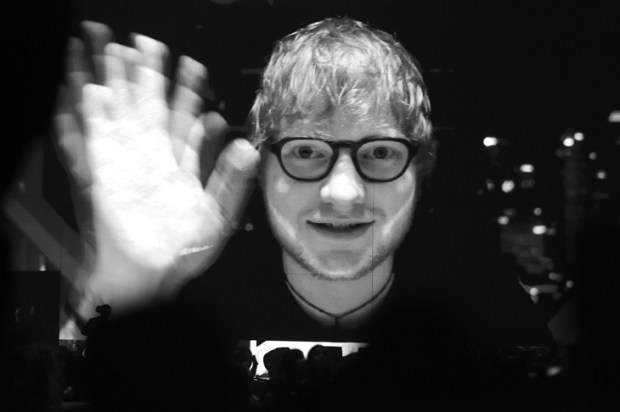
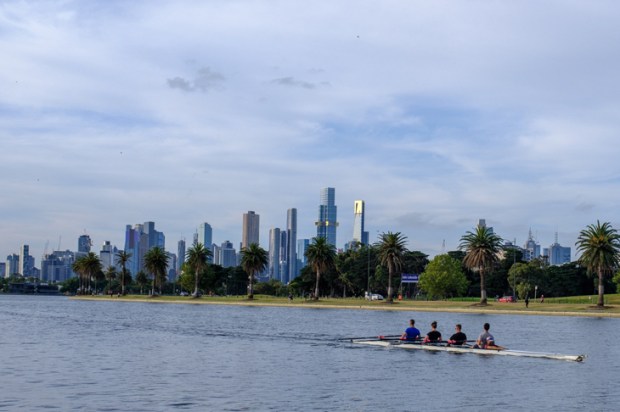
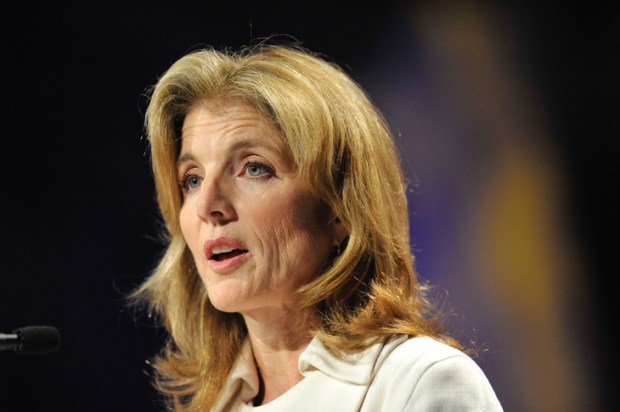






Comments
Don't miss out
Join the conversation with other Spectator Australia readers. Subscribe to leave a comment.
SUBSCRIBEAlready a subscriber? Log in